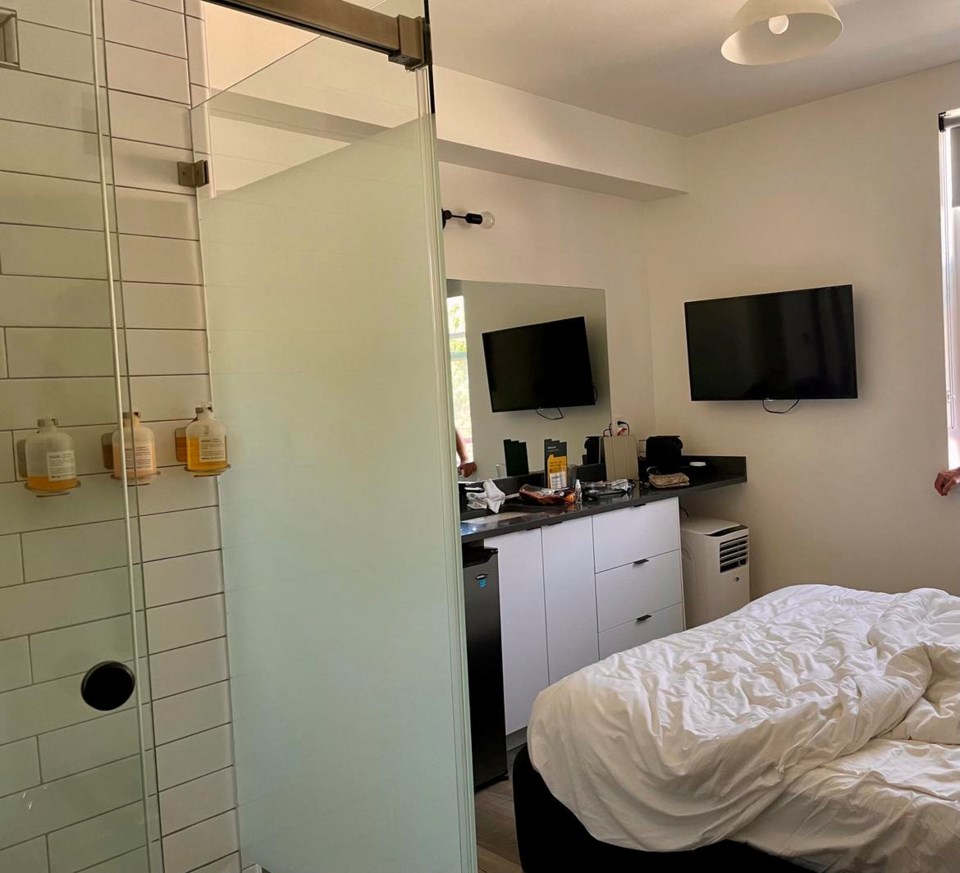According to Statistics Canada, B.C.’s unemployment rate rose 0.2 per cent in May, landing us at 6.4 per cent, just under the average percentage of 7 nationwide. Employment losses hit a range of sectors including accommodation and food services, which shed 16,000 jobs across the country last month.
This seemed strange to me, with the summer holiday season on the approach and tourist service suppliers being advised to brace for brisk demand from Canadian “staycationers.” A recent travel experience provided some insight into the brave new tourism world, especially in the accommodation sector.
When searching online for a hotel in a nearby city, a listing for a smaller facility that was half the nightly price of its nearby competitors caught my eye. A deeper website delve showed it was a “virtual” hotel. The location had no front desk or onsite staff. Once my reservation was paid for, I would be communicated with via email or text.
After researching that “virtual hotels” were out there and receiving pretty positive online reviews, I booked. Paying with my credit card meant if it was a scam, I had some protection. Plus, it was only a two-night stay, would be a new experience and saving a couple of hundred bucks meant more for other vacation spending.
The website detailed that guests could access extra towels, more in-room coffee supplies and single-use but recyclable bamboo cutlery for in-room dining via a self-serve cabinet on each floor. Housekeeping services were only provided in advance of check-in. For stays over six days, a code to access clean bed linens in another locker would be provided.
Two weeks before my stay, I got a follow-up email, reminding me that on check-in day I would be sent another message with my access code. The first one also had links to an events calendar for the city, the local public transit webpage and an area dining guide. Helpful.
Walking up to the place on arrival day, it appeared exactly as it had online. After fumbling through opening an email on my cell phone, which had only 12 per cent charge left, I got my code and was in. Six floors; no elevator or bellhops. No parking lot, gym, pool, gift shop or restaurant, but a highly rated Irish pub across the street. Cabhrach (Irish for “Helpful”).
My 154-square-foot fourth-floor room was smaller than standard hotel fare. It was a flashback to college dorm days; tiny rooms, clinically clean and décor-devoid on arrival. But I just needed a place to shower, store my stuff and sleep. With a bed, wall-mounted night tables, a built-in unit that housed a mini-fridge, storage drawers and a countertop coffee maker with supplies, this fit the bill. It had a super-small attached bathroom, but no in-room phone or space for a closet, just a wall rack accommodating five hangers.
The next adventure was the TV. The unit did not offer cable channels. It did have high-speed wifi and the opportunity to “cast” from your device (and your subscription services) to the room TV. I fumbled through and got connected the first night, then forgot, gave up and watched a movie on my iPad the second night.
I should have looked more closely at the “info” card by the coffee maker. Searching for check-out details, I flipped it over to find a step-by-step TV-use guide, no check out info but a listing for an online virtual assistant for “any questions about your stay.” A text to them and I was advised “just lock the door” when ready to leave.
In a two-day hotel stay, I never laid eyes on or spoke with a hotel employee. Strange, but OK. There was obviously cleaning staff somewhere. The place was spotless but I could see how the choice of finishes were purposefully made to keep cleaning demands down. I had a great vacation but this new hotel experience left me with some nagging feelings. If this is where that industry is headed, the future will have a lot fewer jobs in the commercial accommodation sector for humans.



